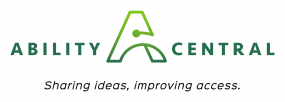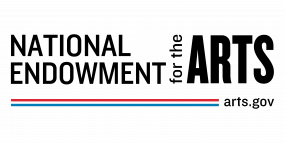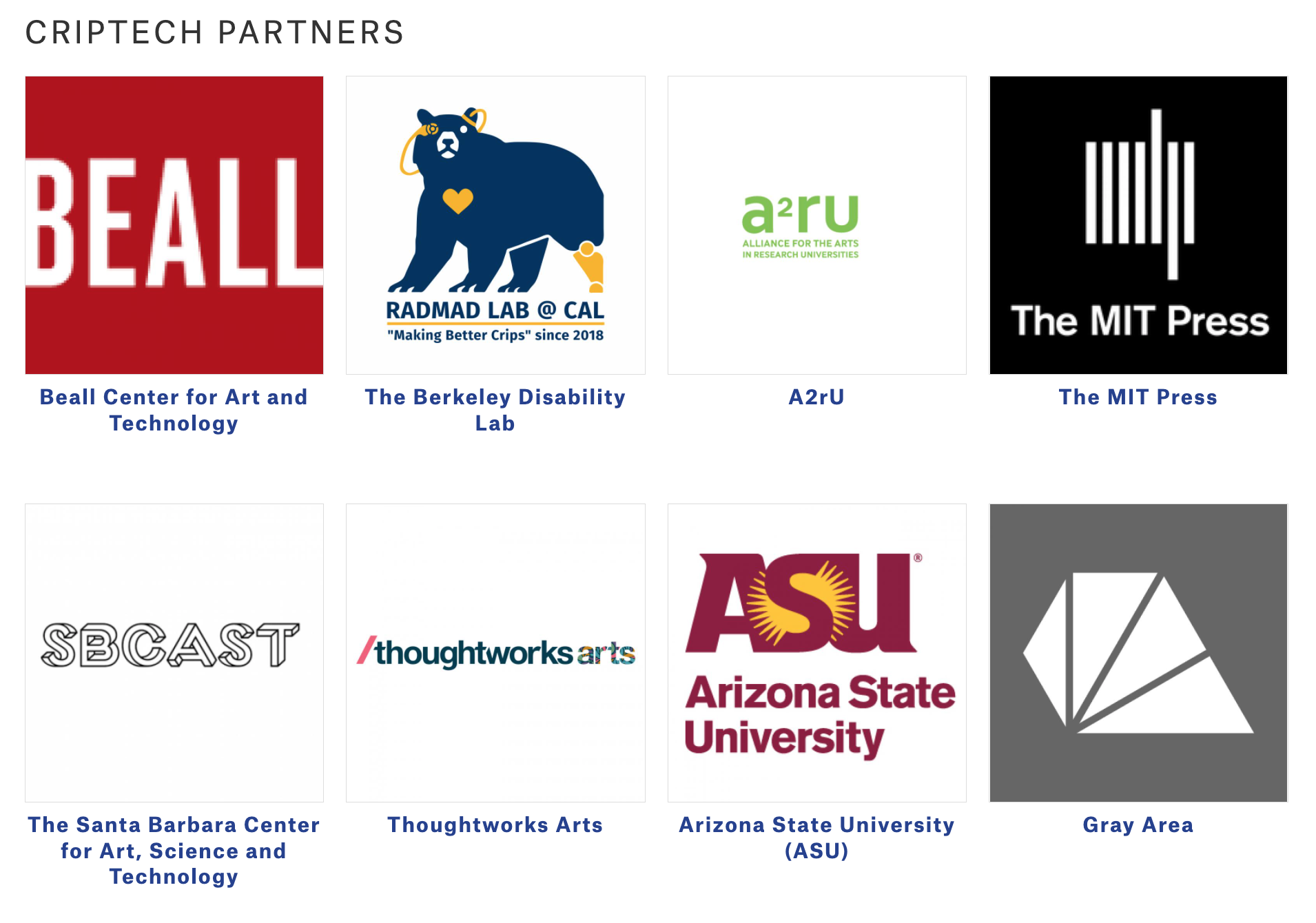
Press Release: Leonardo CripTech Incubator Debuts Inaugural Cohort of Artists
FOR IMMEDIATE RELEASE
Press Contact
For press inquiries please contact Danielle Siembieda
e: press@leonardo.info
w: https://www.leonardo.info/criptech
Press Images
DISABILITY INNOVATION IN ART AND TECHNOLOGY
Leonardo's CripTech Incubator debuts inaugural cohort of artists
[California] Leonardo/ISAST announces CripTech Incubator’s 2022-2023 inaugural cohort of six disabled artists, who have been selected to create and showcase innovative work in art and technology at residency sites across California. Leonardo’s artist fellows include: Carmen Papalia, Olivia Ting, JS Shokrian, Meesh Fradkin, Andy Slater and moira williams. Supported by the California Arts Council, Ability Central and the National Endowment for the Arts, CripTech Incubator is an art-and-technology fellowship centered on disability innovation. Encompassing residencies, workshops, presentations, publication and education, this innovation incubator creates a platform for disabled artists to engage and remake creative technologies through the lens of accessibility.
-
Carmen Papalia, RadMad Disability Lab at UC Berkeley, “Pain Pals Character Creator,” a video game character creator where those with pain conditions can identify themselves and their experiences in an affirming, non-medicalizing setting.
-
moira williams, RadMad Disability Lab at UC Berkeley, “Crip’d Fleets Overflows + Disruptions,” through co-creating an accessible mobile water-lab, explores how ecologies of access intimacy and water intimacy inform and shape policies of accessible ways to the water.
-
JS Shokrian, Beall Center for Art and Technology at UC Irvine, “EM” or e-motion is a prosthetic device that relays sonic information as haptic emanations.
-
Olivia Ting, Thoughtworks Arts, “Song Without Words,” a spatial audiovisual investigation of parallels between gestural language, visual vocabulary of ASL and music conducting.
-
Andy Slater, Thoughtworks Arts, “Unseen Sound,” an AR spatial audio design app created for blind and non-visual users.
-
Meesh Fradkin, Santa Barbara Center for Art, Science and Technology, “Accessibility as design,” Accessibility in sound art and immersive media.
Within disability culture, the term “crip” recognizes disability as a valued cultural and political identity. But “crip” also identifies an active practice of resistance whereby disabled makers and artists hack environments or technologies, transforming them to be more accessible and inclusive. Cripping new media can engender groundbreaking forms of representation, storytelling, and world-building.
Christopher Edwards, a Thoughtworks employee working on CripTech Incubator, says: “As a deaf person and experience designer, I know how important it is to engage directly with diversity, with difference. What comes from this program is not just great work that expands the horizons of art and technology, but also that it fosters empathy through collaboration.”
According to Professor Karen Nakamura, Robert and Colleen Haas Distinguished Chair of Disability Studies at UC Berkeley and founder of the Berkeley RadMad Lab: “ Much of our imagination of what access has been in the field of art has been very limited and situated in an ableist, able-bodied person’s imagination. The incubator recenters art in the vivid experiences of the disability community. It will expand people’s notions and help people better understand the lived experiences of disabled folks.”
Artist fellows will present works-in-progress at the Leonardo LASER salon and final work at Arizona State University California Center in Los Angeles, and showcase their artistic research in a special issue of Leonardo journal.
By integrating radical access as creative practice across Leonardo/ISAST’s wide-ranging suite of international programs, CripTech Incubator aims to transform the larger field of media art and technology. “Leonardo’s CripTech Incubator artists embody the best of human ingenuity and imagination,” says Diana Ayton-Shenker, CEO, Leonardo/ISAST, “We embrace radical access to amplify networks and incubate ideas with the potential for game-changing positive impact.”
PROJECT CREDITS
CripTech Incubator is built in partnership with Thoughtworks Arts (San Francisco), RadMad Disability Lab (UC Berkeley), Beall Center for Art and Technology (UC Irvine), Santa Barbara Center for Art, Science and Technology, Ground Works with A2rU, Gray Area Foundation for the Arts, Arizona State University and publication with MIT Press. It is supported by the California Arts Council Intersections + Innovations grant.
Lead Organizers
Vanessa Chang (Leonardo Senior Program Manager), Lindsey Dolich Felt (Leonardo Disability, Access and Impact Lead), Danielle Siembieda (Leonardo Creative Director), Claudia Alick (Intersectional Inclusion Advisor, Calling Up Justice)
Jurors
Stephanie Dinkins, Amanda Cachia, and Kevin Gotkin
NOTES TO EDITORS
Leonardo/ISAST, fosters transformation at the nexus of art, science, and technology because complex problems require creative solutions. We serve to empower an inclusive global network, a borderless community where all belong in pursuit of a more vibrant, just, and regenerative world. We activate creativity to push the boundaries of today and unleash the possibilities of tomorrow.
A fearless pioneer since 1968, Leonardo serves to convene, research, collaborate and disseminate best practices at the nexus of arts, science and technology worldwide. Leonardo’s global network of transdisciplinary scholars, artists, scientists, technologists and thinkers experiment with cutting-edge approaches to tackle the most complex challenges facing humanity today.
As a not-for-profit, enterprising think tank, Leonardo offers an international platform for creative exploration and collaboration, reaching hundreds of thousands of people across 135 countries. Our flagship publication, Leonardo, the world’s leading scholarly journal on transdisciplinary art, anchors a robust publishing partnership with MIT Press; our partnership with Arizona State University infuses educational innovation with digital art and media for lifelong learning. Our creative programs span thought-provoking events, exhibits, residencies and fellowships, scholarship and social enterprise ventures.
For more information, please contact Danielle Siembieda at danielle@leonardo.info
California Arts Council Innovations + Intersections Grant
The Innovations + Intersections (I+I) program is rooted in the California Arts Council’s (CAC) understanding that the arts can provide innovative strategies to respond to society’s most pressing opportunities and concerns. The CAC created this pilot grant category to support innovative projects that use arts and culture-based approaches to respond to systemic issues that affect Californians.
Ability Central is a nonprofit in Oakland, CA, that expands communication access for people with disabilities. It is on a mission to serve as an educator, convener, and resource that works collaboratively to ensure communications and information access in service of individuals who are Deaf or disabled. Ability Central’s vision is to transform the field of communication and information access so that all individuals can realize their right and ability to access information and express themselves.
About the National Endowment for the Arts
Established by Congress in 1965, the National Endowment for the Arts is the independent federal agency whose funding and support gives Americans the opportunity to participate in the arts, exercise their imaginations, and develop their creative capacities. Through partnerships with state arts agencies, local leaders, other federal agencies, and the philanthropic sector, the Arts Endowment supports arts learning, affirms and celebrates America’s rich and diverse cultural heritage, and extends its work to promote equal access to the arts in every community across America.



